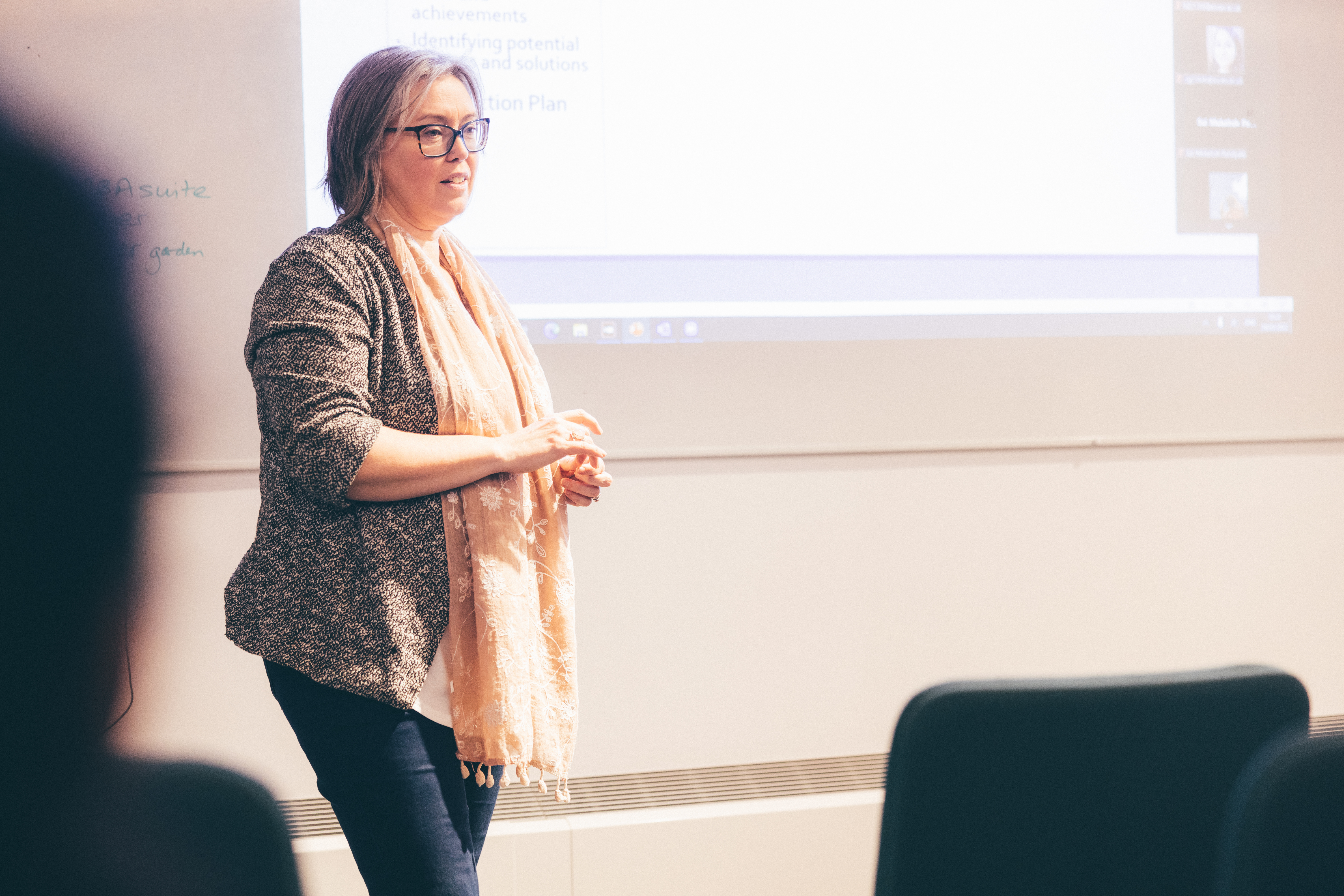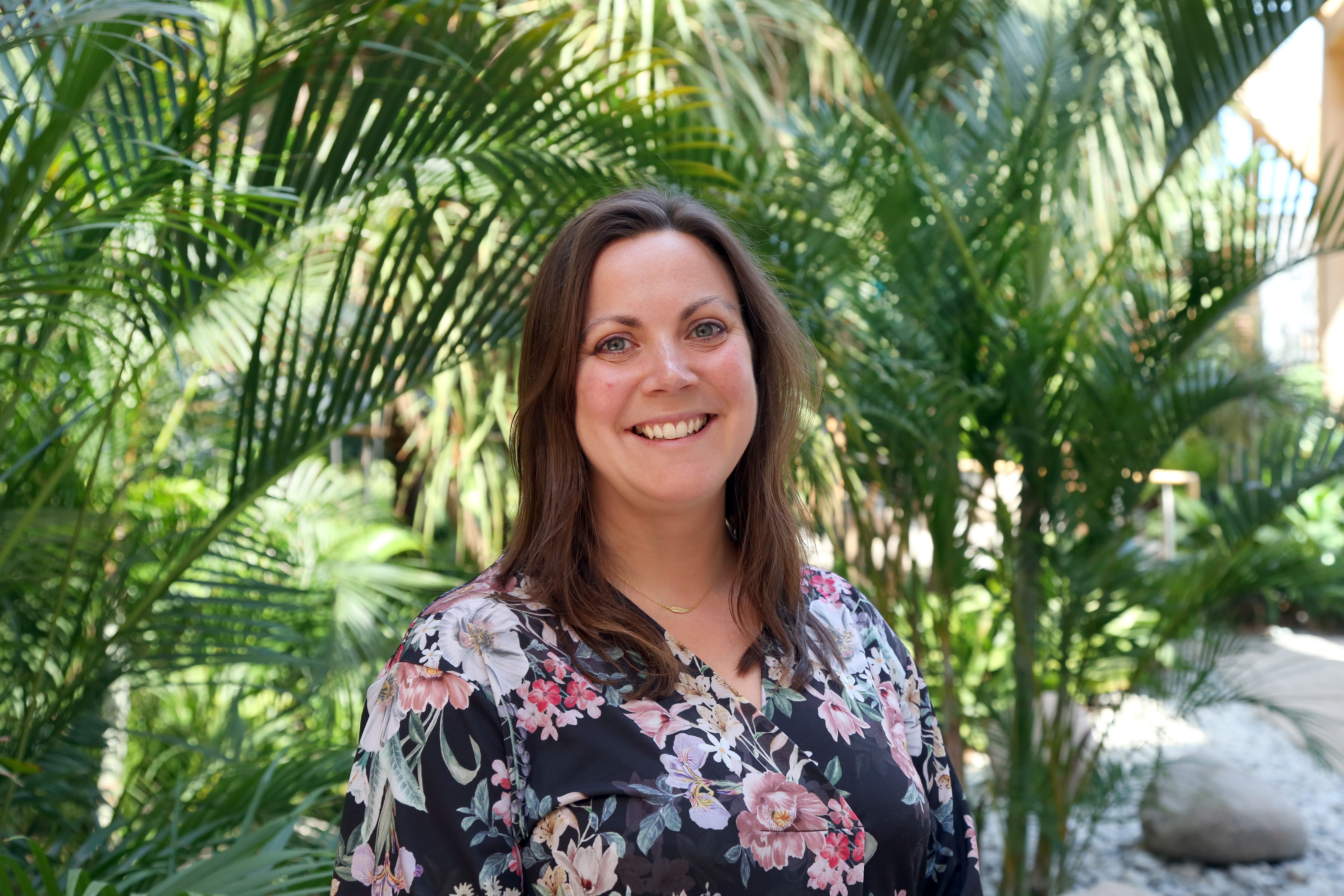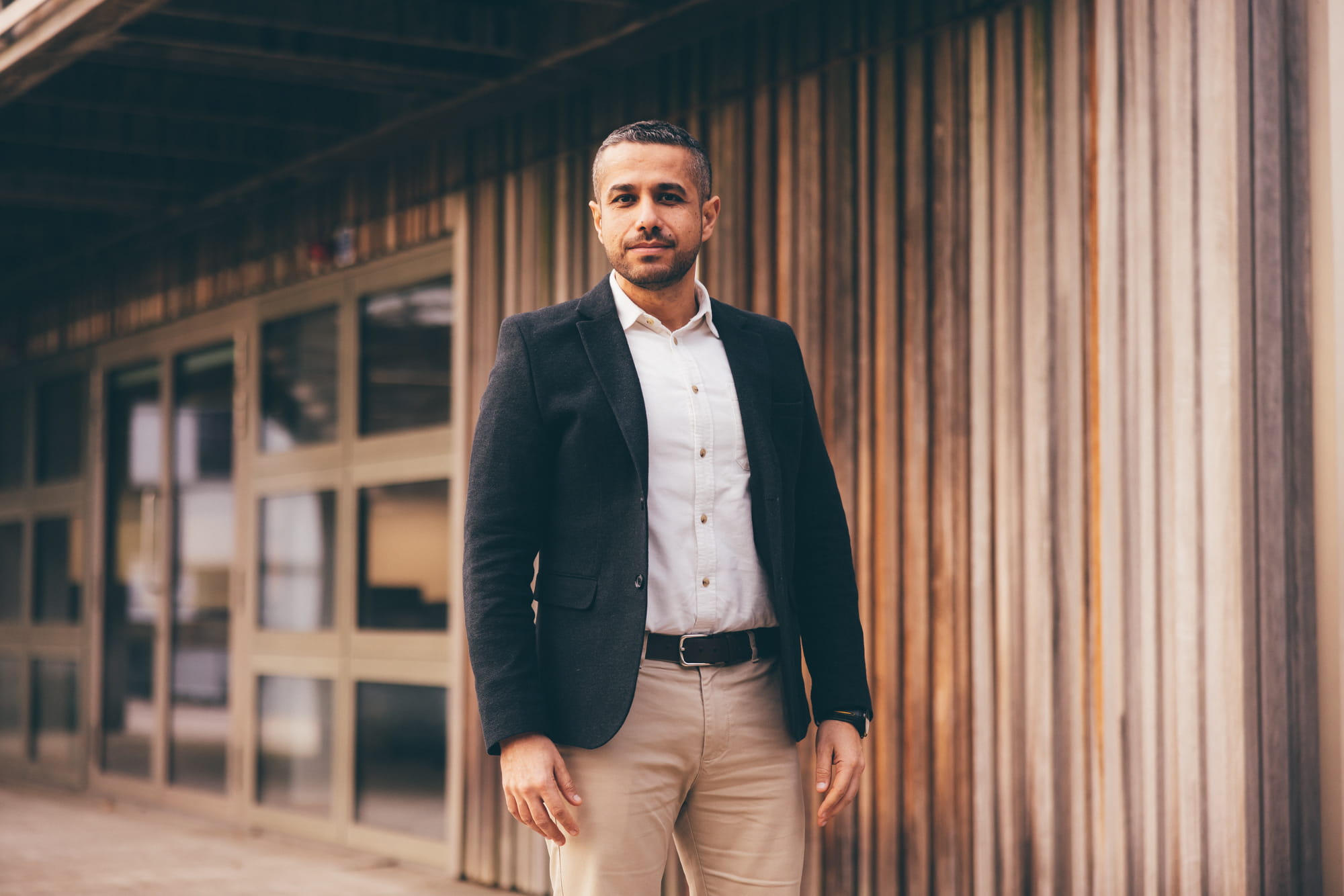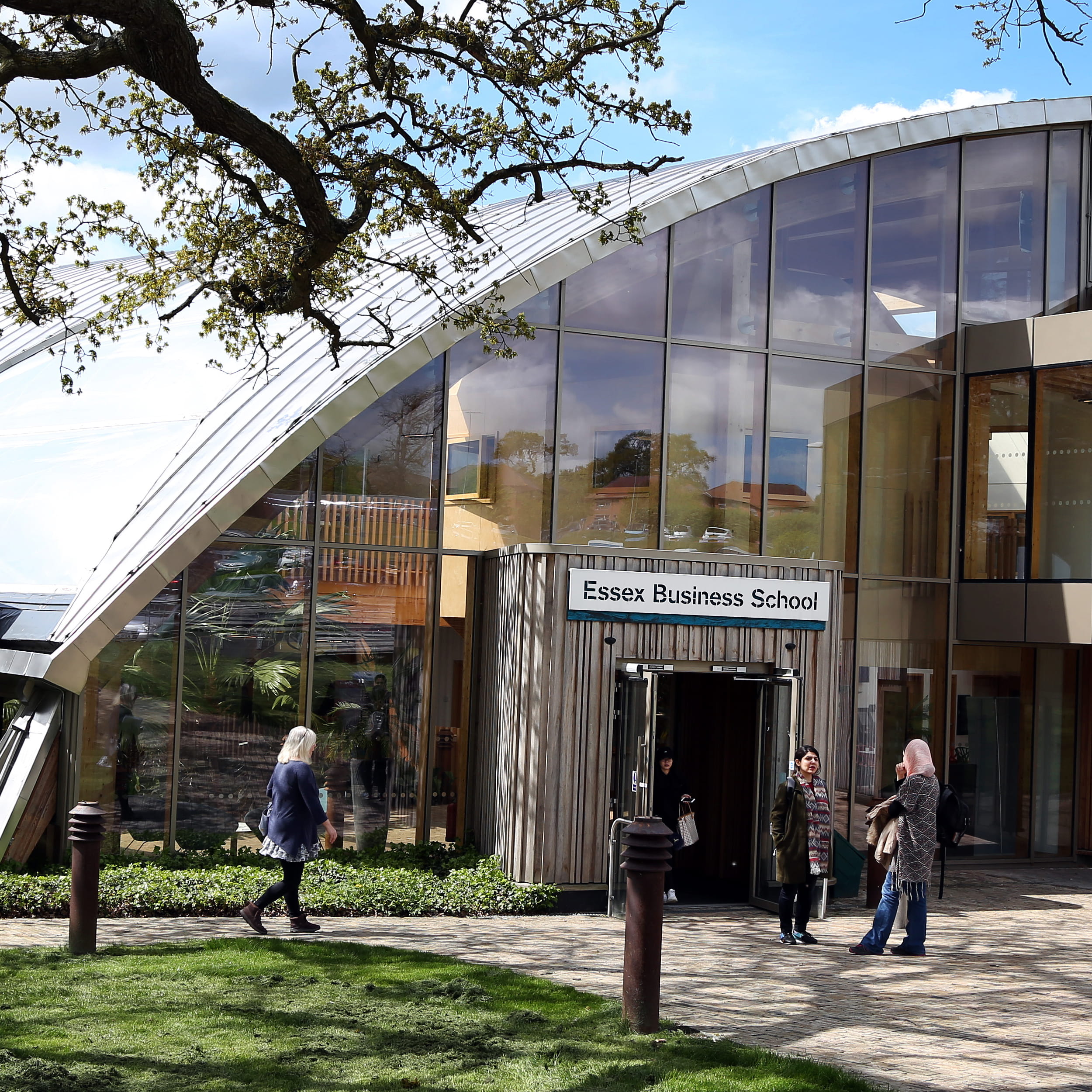Elevate your career with the MBA Futures programme
Our MBA candidates usually come to Essex with some very specific career goals in mind. Our AMBA accredited MBA aims to develop our students’ individual potential in their chosen career path or business. Even a business owner will need to keep their career objectives front of mind to maximise the time and cost investment made by joining The Essex MBA. The prime motivation of students choosing The Essex MBA is to further their careers, either by progressing in their industry or sector or by moving sideways into another industry. We ensure this is addressed with a specialist, bespoke package of support. Our MBA Futures programme aims to provide personalised and tailored guidance considering each student’s personal objectives, prior experience and short and long-term aspirations.
The MBA Futures programme is delivered over three full days in the spring and summer terms when students are most focused on their post-MBA job search. The programme is structured around three main areas:
(1) self-awareness and career planning
(2) leveraging opportunities
(3) interview techniques.
This programme is specifically designed to explore the existing skills, strengths, values, interests, and motivations of each individual student. A specialist careers practitioner will work with them to confirm their career goals, help develop a career plan and provide support putting it into action.
They’ll also provide guidance and practical support on various recruitment activities, including how to conduct a global job search; networking; professional presentation; CV writing; application processes and interview performance.
Ann Ord, MBA Careers Advisor, part of Student Development at the University delivers all three parts of the programme to MBA candidates. "The Essex MBA is an intensive programme, and it is good for students to be given some time out to think about themselves, what they are gaining from the experience, and how they want to channel this to enhance their future career. From a personal perspective, I really enjoy working with a cohort of students with such diverse work experiences; we learn a lot from each other."
Ann Ord, Careers Adviser

The details
Stage 1- time to get personal
Self Awareness
Completing an MBA isn’t enough to guarantee you will meet your career goals. MBA candidates need a plan. To create a personal plan students must get to know themselves better. Time for self-reflection allows them to identify their ambitions and what skills and strengths they can use to reach those goals.
They should be ready to answer key questions such as ‘describe your long-term career goals’ or ‘what is your dream job?’ or 'where do you want to be in 5 or 10 years’ time?'
Values
They’ll also have a chance to explore their preferred industry and the kind of role or the type of organisation that would suit them. They’ll then consider their values and drivers and how they match such an organisation. When we make decisions and take actions that honour our values, we are best able to maximise our feelings of satisfaction and fulfilment so are better placed for success.
Skills
Each student will need to acquire certain skills to gain more confidence. They will come away with an action plan. This might include practical steps such as expanding their professional network and gaining more exposure – for example can they write their own blog, join new organisations, or attend relevant events.
Stage 2- explore opportunities and applications
In the second stage, the focus is on opportunity awareness. The session includes market intelligence from the GMAC Corporate Recruiters Survey Report and data from the Financial Times 2018 Skills Gap survey to enable students to:
- Better understand the current MBA job market based on market intelligence
- Identify the skills that recruiters are looking for in MBA graduates
- Know where to look for opportunities
Stage 3 - mock interviews and business pitches
As the last stage of the programme, students will be offered the option to practise their pitch and interview technique, either through a mock interview or a mock business pitch, to take place in the summer term.
Although it can be daunting preparing for an interview or pitch, students are not marked or formally assessed, and all feedback is fully confidential. However, they will benefit from candid feedback from professionals.
Those interested in a mock interview are required to submit a CV and a letter of application for a real role of interest. They submit these, along with the details of the role, to the Careers Adviser who then allocates an alumni contact, member of the University of Essex management team, or a local business partner, to meet with the student and interview them for the role. Feedback is then provided by the interviewer. Professionals from a range of different sectors have recently included representatives from Linklaters LLP, Essex Chamber of Commerce, Reed Global and Silver Cloud HR.
For those that choose the business pitch the programme culminates in a panel mock interview.
Business pitches are run by the University’s Start-ups Team who have a process for students keen to secure funding for a business idea via ‘Angels@Essex’. The Start-ups team provide interested students with information outlining the requirements and expectations of a pitch deck which they submit before the mock pitch. The pitch is made to a small panel. Again, feedback is confidential, and no marks are allocated.
Lydia Wynne-Jones, previously in her HR role, had responsibility for developing and delivering the content for sessions 2 and 3 and has evaluated the methods used today. "The sessions have been structured around the Career Management Theory DOTS (Law & Watts), looking at self-awareness, opportunity awareness and how we make decisions around our careers. There has also been a highly practical element to the course, providing students with the opportunity to develop their CVs and Applications, source opportunities and practise their interview skills."
Lydia Wynne-Jones, EBS Student Services Manager

“The careers workshops were one of the most valuable parts of my MBA journey. They allowed me to develop my strengths and grow my skills. For example, I am now able to better understand my self-awareness and the different patterns and personalities of people, which made me more efficient in identifying the capabilities and abilities of people for my teams. The CV critique exercise also allowed me to rewrite my CV as an achiever rather than a doer, and it has embedded action verbs rather than passive voice. My CV is the first impression potential employers make of me.”
Ghassan Khawaja, Full-time MBA











